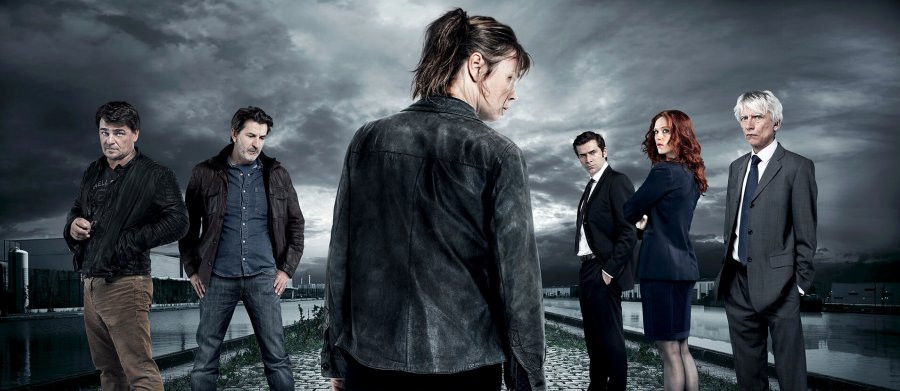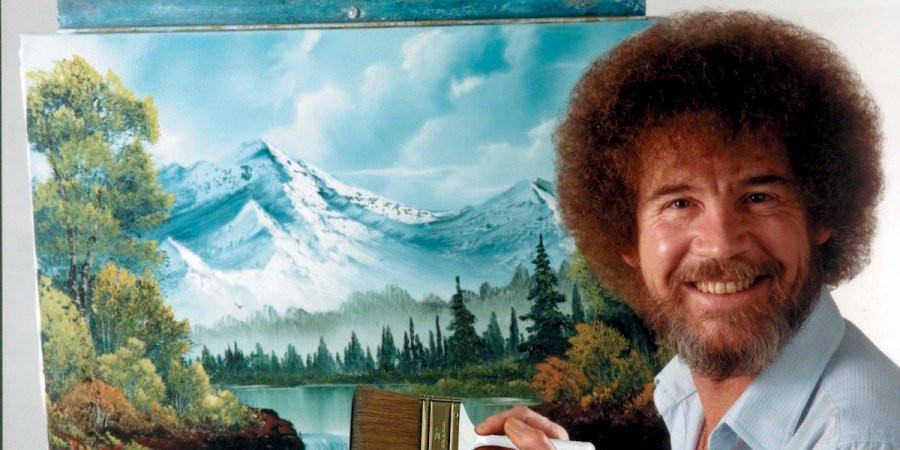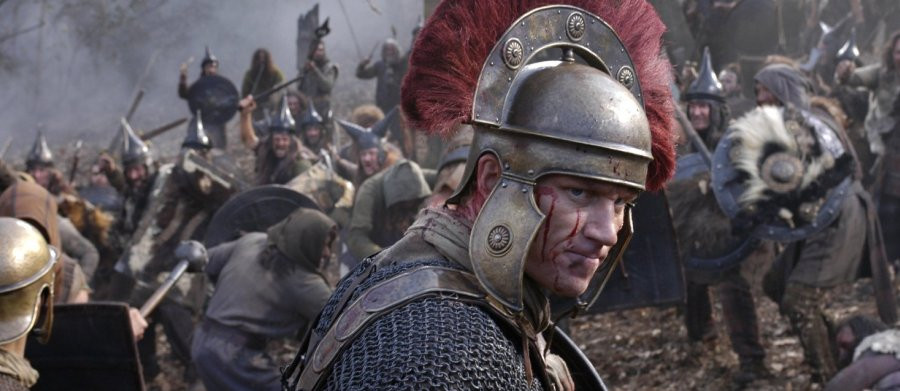
Dragon's Den
2005 - United KingdomReview: Onome Okwuosa (2014)
Hosted by Evan Davis since it was first broadcast on BBC Two on 4 January 2005, the format of Dragons' Den is owned by Sony Pictures and is based on an original Japanese series, titled Manê no Tora (Money Tigers), which has been sold around the world. It was the first entertainment programme in the history of Japanese television that dealt with the concept of business investment. Not every country uses the term 'Dragon' and the rich entrepreneurial businesspeople who appear worldwide are variously known as Dragons, Tigers, Lions and Sharks. Below writer Onome Okwuosa looks at the British version and what drives budding entrepreneurs to put their business ideas before the Dragons.
This isn't how life is meant to be, I can make it better say the entrepreneurs streaming on to BBC's Dragons' Den. With nothing but oxygen separating them from the cold hard cash they need to propel their product or service into market, it must be spine tingling standing before the panel.
Lips and brows beading with sweat, as one by one the investors rip their ideas to shreds, the poor rejects take their products and themselves, tails tucked neatly between their legs and shuffle dejectedly out of the loft, no doubt feeling like the newest resident of Loser-ville. Dragons' Den Rejects rewarded
As if! Just because a BBC Dragon can't see the benefit of a bit of foil slapped over a plastic cup of wine doesn't mean worker bees and commuters nationwide don't. James Nash and his single serving of wine idea was snapped up by good old Marks and Spencers. You can't very well swig at a bottle during your lunch break without raising a brow or two; but a classy glass? Now that you can clink on the tube home with a colleague without feeling like you belong on the cast of Shameless. You've got to love the show for bringing out the determined Del boy, even if their ideas are so questionable you wonder if the contestant was somewhat delusional. I mean was any research carried out for the sheet separating married couples in bed? It's meant to provide us with things that are needed. Although when wine in a cup is a need, the floor really is open!
And that's why the entrepreneurs keep coming. Becoming a household brand is a title for any and everyone to aspire to. Back packs for kids have been around for an age, what more do kids need to put their stuff in, right? Well wrong, the world would not be complete without Dragon Den reject Rob Law's Trunki. A brightly coloured, hard-shelled carry-on case, some with animal prints complete with a bit of string to pull your 3-6 year old along when their little legs simply won't carry them any further than duty free. Within two years it became a John Lewis' best seller. You can't walk through an airport without seeing a child trotting along beside a Trunki or being pulled along by passport wielding parents.
One of the shows appeals to every entrepreneur with a patent in his back pocket, is the opportunity to give their product exposure. Despite the tears shed and the angry tantrums when a pitch is denied; den -dwellers know that they've offered their product airtime. Look at David and Sarah Glashan and their Itsa. Rejected by the Dragons, they went on to flog 65,000 units of their beach-bag come sun lounger cover with pockets. Goes to show, sometimes no really does mean yes.
Seen this show? How do you rate it?
Seen this show? How do you rate it?
Published on December 8th, 2018. Review: Onome Okwuosa (2014).










